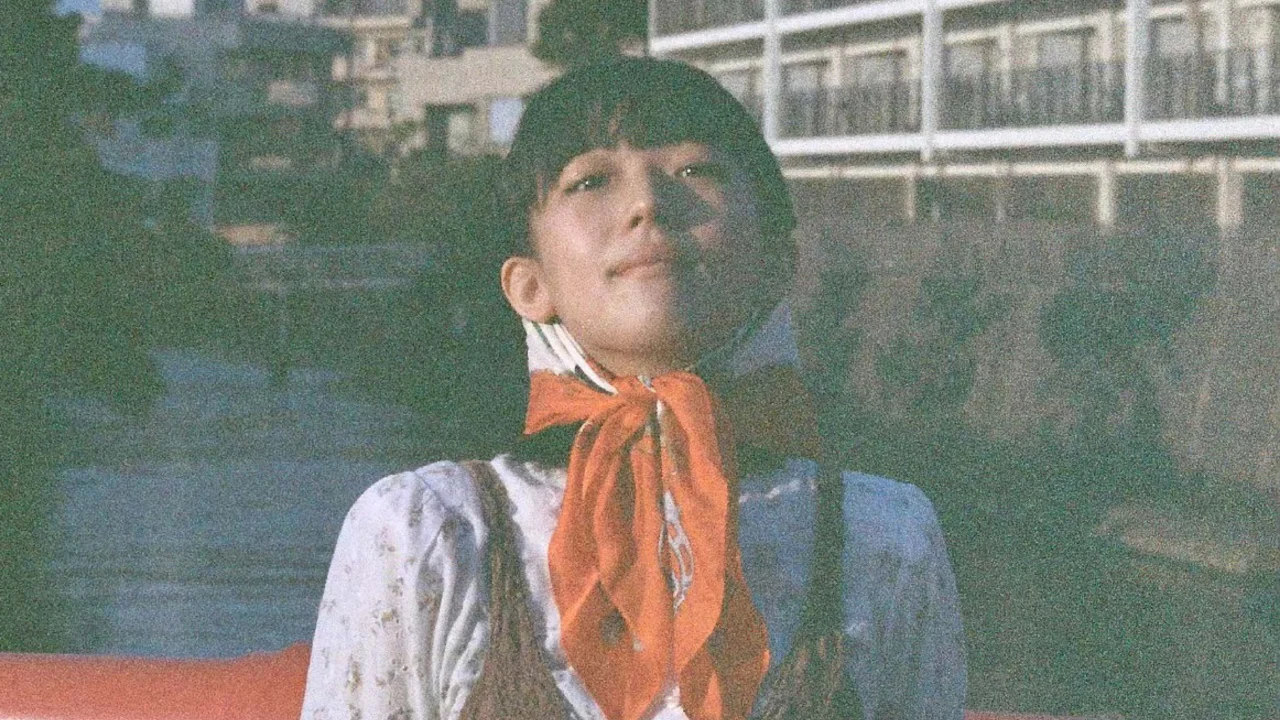INDEX
A theatrical prayer facing reality
Although the play runs for three hours, the audience didn’t seem overwhelmed because of the light-hearted exchanges and the format in which the episodes are sequenced like a detective drama series. The lightness, however, is the flip side of the earnestness that compels the audience to behave in such a manner. Rena-chan, whom the audience has just met, compares Ana-chan to Don Quixote. Like Don Quixote, who rushes forward thinking that windmills are giants, Ana-chan is blind to reality, a man who is only comical because he is so serious. But it is his comical effort that strikes a chord with the viewer.

Ana-chan’s pure thoughts change Hyakusai, Rena-chan, and Mitsuo. The outcasts who still take action to “save others” are moving to me because it makes me feel as if I am being affirmed that there is something I can do, even though I am a small and flawed person who continues to be confused in the face of the helpless reality, and that it is okay to want to save others and to change the world. There is no cynicism toward the world or human beings, but rather a sincere belief in their potential and affirmation of their existence.

However, the gravity of reality will entangle them once again. We try to find and save a woman named Alisa, whom Ana-chan met at an AA meeting and subsequently lost, but there they are confronted with the cruel but natural fact that the past they carry with them cannot change the reality that they already are. The title of the novel in which Marlowe’s example words appear was “Playback. We cannot move toward the future without looking back to the past and confronting reality.

So this is a story of outliers who set up ideals and are beaten down by reality. And they still struggle to face reality while making their ideals come to life and changing the future. The miracle that comes at the end of the story affirms the ridiculousness of “us” and the sincerity that resides in it. At the same time, the miracle must be a prayer from fiction to reality. The prayer is very theatrical. So I urge you to come to the theater. “Banana Flower Can Be Eaten” will be performed again at KAAT Kanagawa Arts Theatre from July 28 (Fri.), followed by performances in Iwaki, Toyooka, and Sapporo through September. Reality cannot be changed. However, the future can be envisioned in any way.

Hanchu-Yuei is a Tokyo-based theater group that has been active since 2007. The group examines the boundary between reality and narrative, and questions their place in the world by moving back and forth between them. The creation of stories about life and death, sensation and language, collective society, family, etc., starts with the subject of interest each time, and aims further afield to access universal “questions. With its unique direction that combines elements such as text, photographs, color, light, and shadow projected on the stage with actors, and a strong script that shakes the audience’s sense of ethics, the company has performed and co-produced many productions in Asian countries and North America. Winner of the Bangkok Theatre Festival 2014 Best Screenplay Award and Best Production Award for “Juvenile X”. He won the 66th Kishida Kunio Drama Award for “Banana Flowers Can Be Eaten”.
Official website: https://www.hanchuyuei2017.com
Official Twitter: https://twitter.com/HANCHU_JAPAN
Official Instagram: https://www.instagram.com/hanchuyuei/
Hanchu-Yuei “Banana Flower Can Be Eaten”

Written and directed by Suguru Yamamoto
Cast:Yukiyoshi Nomoto, Kan Fukuhara, Sae Igami, Anna Get, Takayuki Ueda, Takahiro Hosoya
[Yokohama] July 28 (Fri) – August 6 (Sun)
KAAT Kanagawa Arts Theatre, Medium Studio
[Iwaki] August 26 (Sat) & 27 (Sun)
Iwaki Alios Small Theater
[Toyooka] Toyooka Theater Festival 2023
September 15 (Fri) – 17 September 15 (Fri.)-17 (Sun.)
College of Arts, Culture and Tourism Seishido Theater
[Sapporo] September 22 (Fri.) & 23 (Sat.)
Sapporo Bunka Geijutsu Theatre hitaru Creative Studio
Official site

























